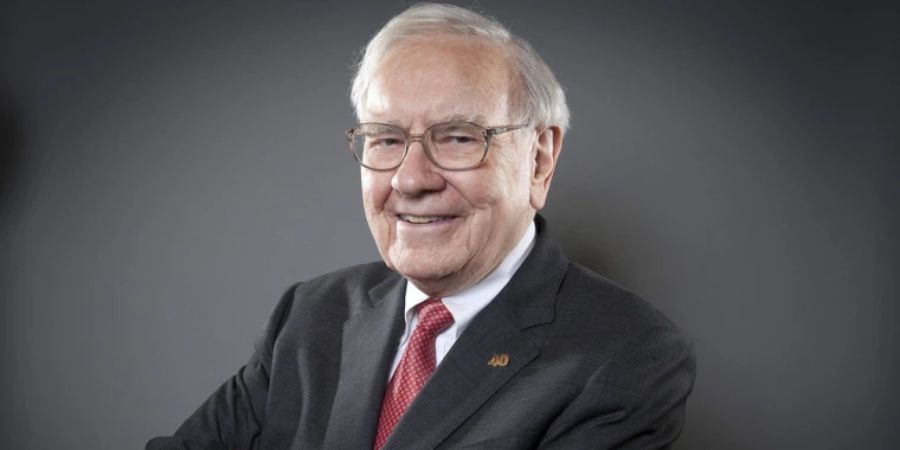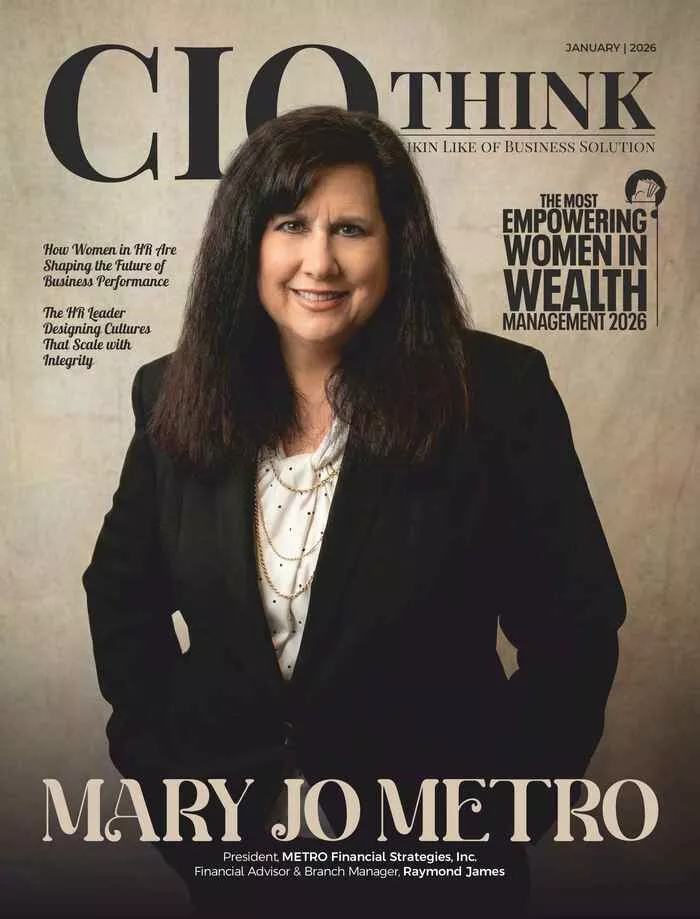Warren Buffett’s Farewell Message to Shareholders
In a letter to investors in February 2025, the legendary investor Warren Buffett announced that he would step down as chief executive of Berkshire Hathaway before the end of the year. That will bring to a close an extraordinary era. The 95-year-old billionaire also announced he would no longer write his celebrated annual letters to shareholders, a tradition that over generations has helped to guide many through the ups and downs of investing. He described the change as “going quiet,” although he reassured stakeholders that he was very confident in Berkshire’s future under his successor, Greg Abel.
In his letter, Buffett said he would continue to write an annual short Thanksgiving letter, but it was crystal clear that he’s only incrementally moving away from active leadership. He spoke frankly of the realities of aging-from decreased mobility to hearing-while reaffirming his commitment to working every day as he looked back upon the legacy he knew he leaves. The humility, foresight, and wisdom in this letter are characteristics of Buffett‘s leadership that have molded Berkshire Hathaway into what it is today: a global powerhouse.
Legacy, Philanthropy, and Leadership at Berkshire Hathaway
Once again, one of the leading points in Warren Buffett’s 2025 letter was philanthropy: he said that of late, he has converted 1,800 shares of Class A into about 2.7 million shares of Class B, donating roughly $1.3 billion to four family foundations. It was in keeping with his commitment to give away nearly all of his wealth, a conviction he has acted upon, reiterating that “the measure of success is not money, but the good you do with it.” Buffett also praised Greg Abel as the perfect successor: he described him as “a great manager and honest communicator.” Continuing to stress stability and ethics in Berkshire’s management culture, he has said that Berkshire may require “only five or six CEOs over the next 100 years.” He has spoken very strongly on corporate governance, where he attacked the current trends in executive compensation for encouraging envy instead of restraint. He concluded on a reflective note by reminding the readers to “live a life worthy of your obituary,” epitomizing, in every way, his timeless advice regarding leadership and integrity.
Read Also: How AI Startups Are Powering Google’s Cloud Revolution







